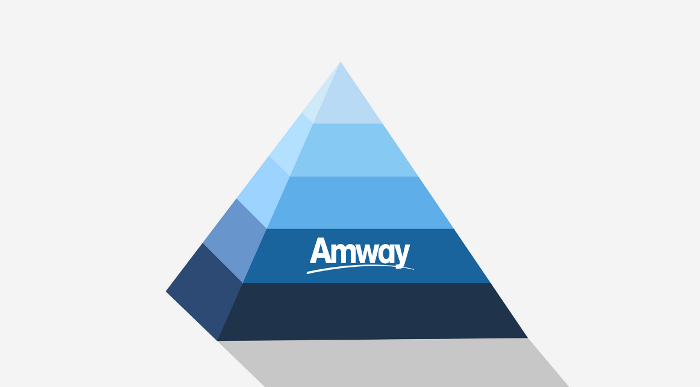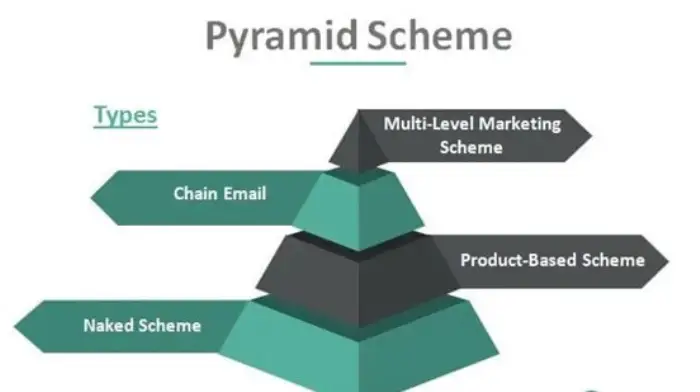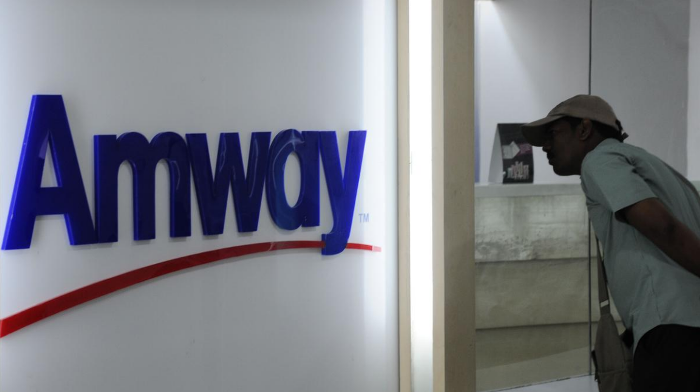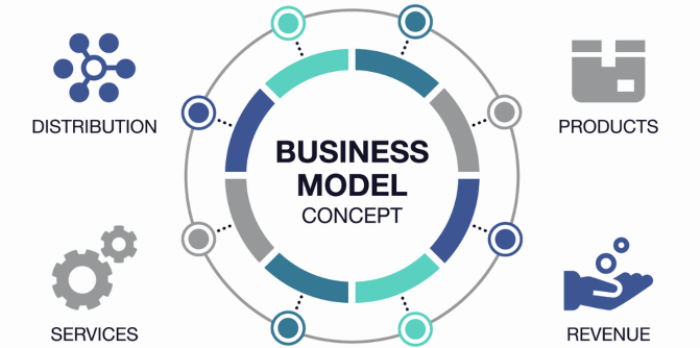Curious about Amway’s legitimacy and whether it operates as a pyramid scheme? Wondering if you can trust this multi-level marketing company? In this article, we will explore the question, “Is Amway a pyramid scheme? Should you trust it?” and provide insights to help you make an informed decision.
Amway has been engaging in multi-level marketing since 1959. It is a subject of debate and speculation as to whether it is a legitimate business or a pyramid scheme. Amway is not classified as a pyramid scheme. It functions as a multi-level marketing (MLM) company.

This article will examine the issues of Amway’s legitimacy and if it is a pyramid scam. To begin, we will take an in-depth look at the company’s structure and practices to determine if there are any red flags related to Amway’s operations.
See Also: ITC Marketing Strategy & Marketing Mix
Is Amway a Pyramid Scheme? History of Amway
Jay Van Andel and Richard DeVos started Amway’s American direct sales business in 1959. It has become a prosperous direct-selling business worldwide. Amway has had annual revenue exceeding 8 billion US dollars and more than 19 million independent business owners (IBOs). Despite its success, some people have accused Amway of being a pyramid scheme.
What is a Pyramid Scheme?
Pyramid schemes have been around for decades. But what is a pyramid scheme? Firstly, a pyramid scheme is an illegal type of investment scam that consists of recruiting members.  Secondly, a pyramid scheme profits from subsequent sales to those members. In most cases, the people at the top profit disproportionately more than those near the bottom.
Secondly, a pyramid scheme profits from subsequent sales to those members. In most cases, the people at the top profit disproportionately more than those near the bottom.
See Also: Case Study: Marketing Strategy of Cadbury
History of Amway’s Controversies
The Amway Corporation, founded in 1959 by Jay Van Andel and Rich DeVos, has long been controversial. Amway’s history is full of debate and scandal, from allegations of pyramid schemes to fraud. The company claims that it operates with legal and ethical business practices. But there’s no denying that its reputation remains tarnished with several residual accusations.
Throughout its existence, one of the most persistent criticisms against Amway has been the accusation that it is a pyramid scheme. This claim was brought to light in 1979 when a group called The Consumers League filed an antitrust lawsuit against them, alleging deceptive marketing tactics. The case was eventually dismissed. But it raised questions about the legitimacy of Amway’s business practices. The company has also been accused of being a pyramid scheme in several other lawsuits. Disgruntled participants and former distributors in the early 2000s filed these lawsuits.
The legality of Amway in the US
Amway operates within legal boundaries in the US and has done so since it was founded in 1959. The Federal Trade Commission (FTC) closely monitors all multilevel marketing companies. The FTC has investigated Amway more than once over the years. In 1979, the FTC determined that some aspects of their business operations were questionable. But, there was no evidence of an illegal pyramid scheme at work with Amway. Similarly, in 2010, after another investigation by the FTC into deceptive practices by Amway distributors and its parent company Alticor Inc., both organizations ultimately cleared off any wrongdoing or illegality.
Analyzing the Business Model
To determine whether or not Amway is a pyramid scheme, it’s essential to look at how it works. When someone joins Amway as a distributor, they earn money through sales commissions. Not only that, but they also earn a commission on any sales made by other people in their network that they’ve recruited.
So is Amway a pyramid scheme? Are consumers safe to trust it?
This structure puts them in a position where they can make money off others’ efforts instead of their own. This would make it an illegal pyramid scheme if true. Unlike accurate pyramid schemes, Amway does not require IBOs to pay money or recruit other members to be successful. Instead, IBOs earn a commission. They do so by selling products such as health supplements and beauty products. Pyramid schemes rely on recruiting new members for money without selling any actual effect.
Conversely, Amway has authentic home care items, health supplements, and beauty products. These items are bought to resell at a profit margin by independent distributors, and these independent distributors make commissions from sales made within their network.
See Also: Domino’s Marketing Strategy Delivering Success in Time
Pros and Cons of Investing in Amway
On one side, proponents of Amway argue that the company is a legitimate business model with numerous products ranging from health supplements to beauty products. They also point out that despite recent scrutiny by various government agencies, none have found them guilty of operating a pyramid scheme. On the other side, critics of Amway argue that the company operates a pyramid scheme. Most of those who join at the bottom in this structure will never recoup their investments. The FTC has also investigated the company and found it to be using misleading advertising. Likewise, another con is that Amway’s marketing structure is the most controversial topic in business today.
Frequently Asked Questions
Is Amway a pyramid scheme?
Unlike traditional pyramid schemes involving illegal activities like fraud and misrepresentation, Amway operates as a legitimate multilevel marketing (MLM) organization that sells products directly to consumers.
How much do people rank Founders Diamond make?
The Amway website says that Founders Diamond rank people earn an average of $5,000 per month, which means an annual average income of 60,000$ - if the numbers are to be believed.
Conclusion: Trust or Not?
Well, is Amway a pyramid scheme? Amway is a direct sales company with a long history that has generated billions of dollars for its members over the years. However, many have questioned whether it is a pyramid scheme in disguise. Understanding the definition of a pyramid scheme and what Amway does is essential to determine whether you can trust it.
A pyramid scheme can also be referred to as an illegal business model where members are paid solely for recruiting others into the system rather than selling products or services. Amway does not fit this definition as it has multiple levels of distributors who receive rewards based on how much product they sell rather than how many recruits they bring in. Additionally, distributors must purchase products to earn their commissions, separating them from being a pyramid scheme. But it is safe to say that the company is often sketchy and under investigation. Plus, you will most likely not make the money you expect.
See Also: Burger King’s Marketing Strategy and Branding [Case Study]

